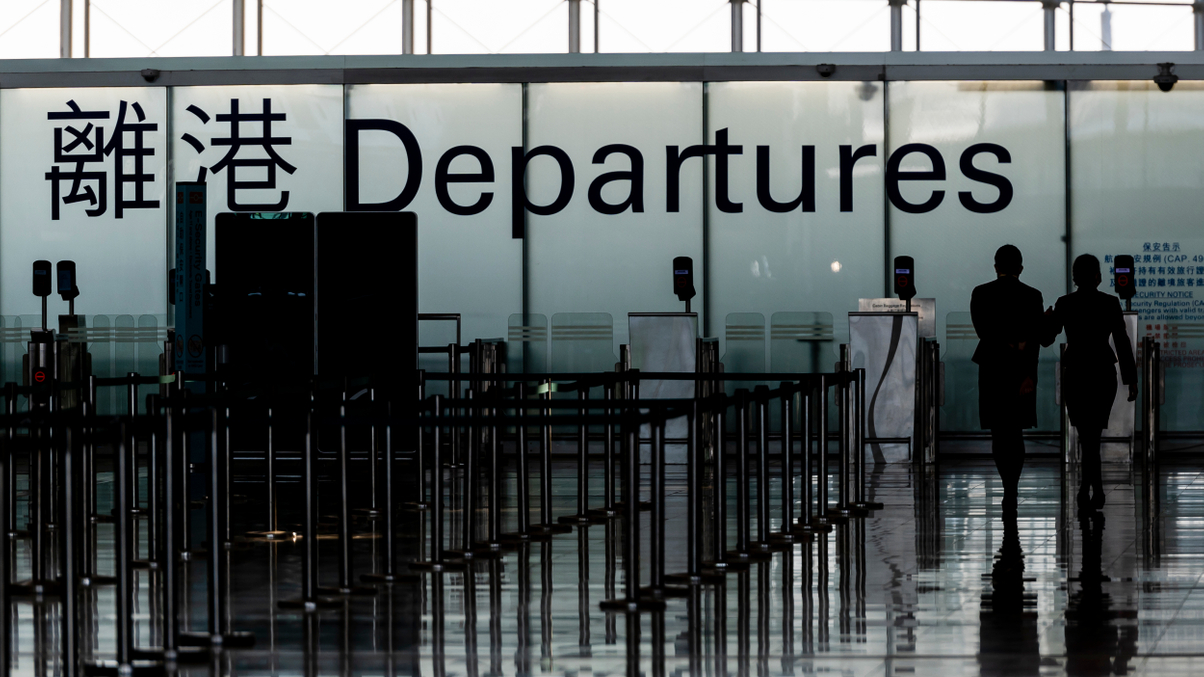Omicron travel restrictions set to cast a pall over Hong Kong's economy
The city’s role as a regional financial hub is further at risk in the latest move to ban international arrivals from several G7 economies.

Hong Kong’s tough new restrictions in the face of the Omicron outbreak are likely to weigh on the city, presenting problems for it as a regional hub for foreign multinationals and discouraging fresh inflows in the short term, experts have warned.
Sign in to read on!
Registered users get 2 free articles in 30 days.
Subscribers have full unlimited access to AsianInvestor
Not signed up? New users get 2 free articles per month, plus a 7-day unlimited free trial.
¬ Haymarket Media Limited. All rights reserved.


